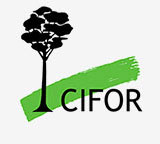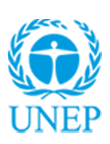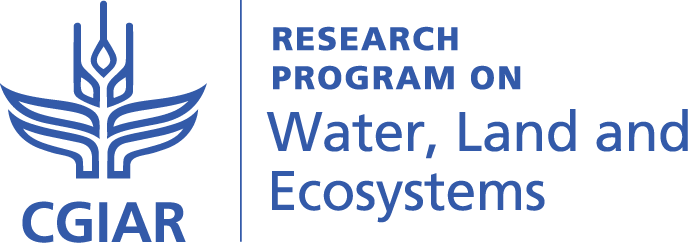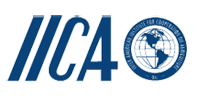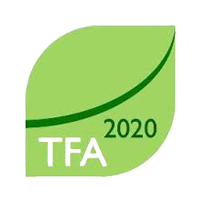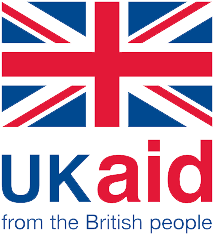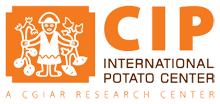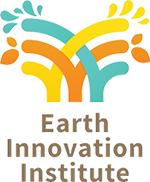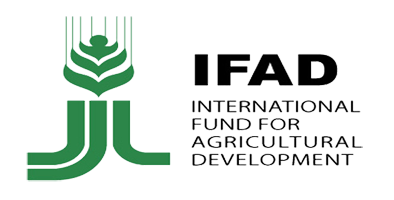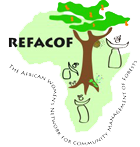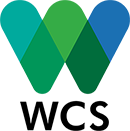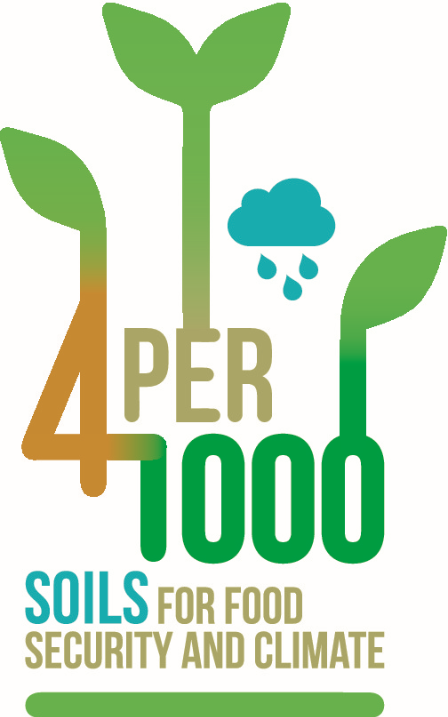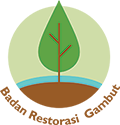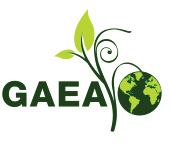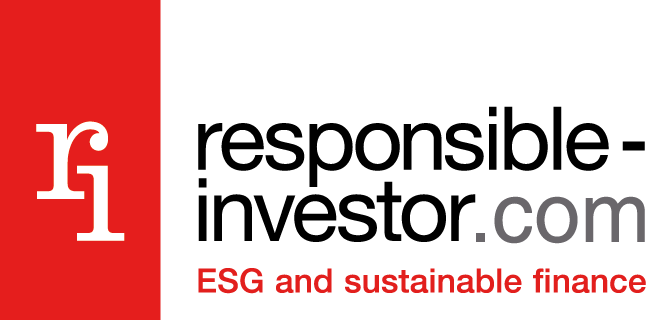Press Release: Embargoed until November 16, 2016, 13:00 GMT
Scientists at the Center for International Forestry Research in Indonesia have developed a digital map – the first of its kind – that monitors Borneo land use, including the clearing of land for oil palm and pulpwood plantations.
This interactive map of Borneo offers the first significant opportunity to differentiate to a large degree oil palm and pulpwood companies who practice deforestation from those who do not.
CIFOR experts, led by David Gaveau, used satellite technology combined with information from the Indonesian government to construct an historical and interactive map of Borneo, the world’s largest source of palm oil and a significant source of pulpwood. Its technology could be replicated and put into use for similar landscapes across the world.
The oil palm and pulpwood industries have been responsible for deforestation, yet planting on already degraded land is a cornerstone of sustainable development, while oil palm generates efficient income and is the chief livelihood for millions of farmers.
More transparency is required to distinguish oil palm and pulpwood companies who practice deforestation from those who avoid it, and to prevent companies being unfairly blamed for recent deforestation.
With CIFOR’s mapping tool, it is possible to measure the time lag between when forest was removed and when plantations were established. The shorter the gap, the more likely it was cleared for planting.
The map is designed to be useful to government and campaigners, and to the industry. Already CIFOR experts have been contacted by Indonesian corporates concerned about illegal logging on their concessions.
http://www.cifor.org/map/atlas/
About CIFOR
CIFOR is a non-profit, scientific facility based in Bogor, Indonesia that conducts research on the most pressing challenges of forest and landscape management around the world
About the Global Landscapes Forum
The GLF was launched in 2013 by CIFOR, the World Bank and UNEP to provide a science-led, multi-sector and independent platform to share knowledge and develop initiatives to build more resilient, diverse, equitable and productive landscapes. It has become the leading side event at COP meetings.


